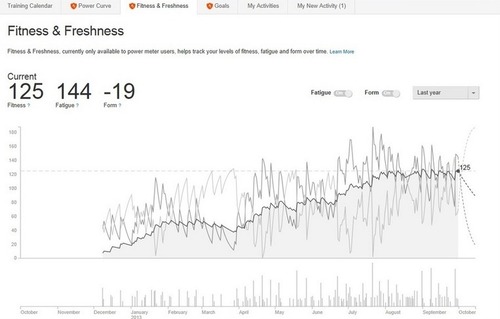The social tools that doctors favour
15/10/2013Doctor-patient social media relationships
15/10/2013Confessions of a Self-Tracker On The Health Care Blog
This is by Mike Painter, and he tracks his health.
« I don’t necessarily have a compelling reason to track health parameters such as exercise patterns, heart rate, weight, diet and the occasional blood pressure. Yet I do. I do most of my tracking with several small devices, simple sensors and software applications. My tracking is also pretty social—meaning I share much of my data widely and daily. You’re welcome to see it—most of it is on Strava. »
Admittedly, I still keep some data daily on a paper calendar, and I do monitor diet and sleep in my head—i.e., nobody needs to remind me about my food splurge days. The local bakery is intimately aware of that data point as the employees witness me charge in, wild-eyed and drooling for a giant cinnamon roll every Thursday morning—almost without fail.
It all feels pretty normal to me.
Here’s the rest of the story: I track to enhance athletic performance rather than monitor my health, per se, or even really my wellness. I am an avid cyclist and have tracked miles, location, accumulated elevation, heart rate and power readings and other data for years. I share that information with both cyclist colleagues I know and don’t know on Strava. That site eagerly ingests my data—and among other things, plops it into riding (and running) segment leader boards, riding heat maps—and, most importantly, in training, trend graphs like the attached. All that data is incredibly helpful to me—it empowers me by making me face the numbers—it makes my training data- and reality-based. I don’t have to guess to maximize my fitness and minimize my fatigue level in anticipation of a big event. I follow the numbers.
Is all that bad? To me, my obsession with tracking my athletic performance seems like an extension of observing data for health and wellness.
The thing that binds all this tracking behavior is the power of the data and self-awareness. Our own Project HeathDesign work, for instance, showed clearly that patients with Crohn’s had higher satisfaction, better communication, and a better understanding of their illness and symptoms when they collected observations of daily living data. Those findings overlap pretty consistently with my own tracking experience.
See on thehealthcareblog.com




